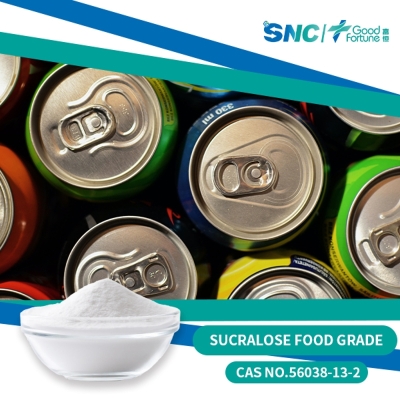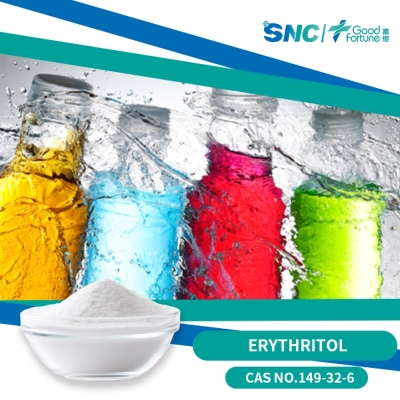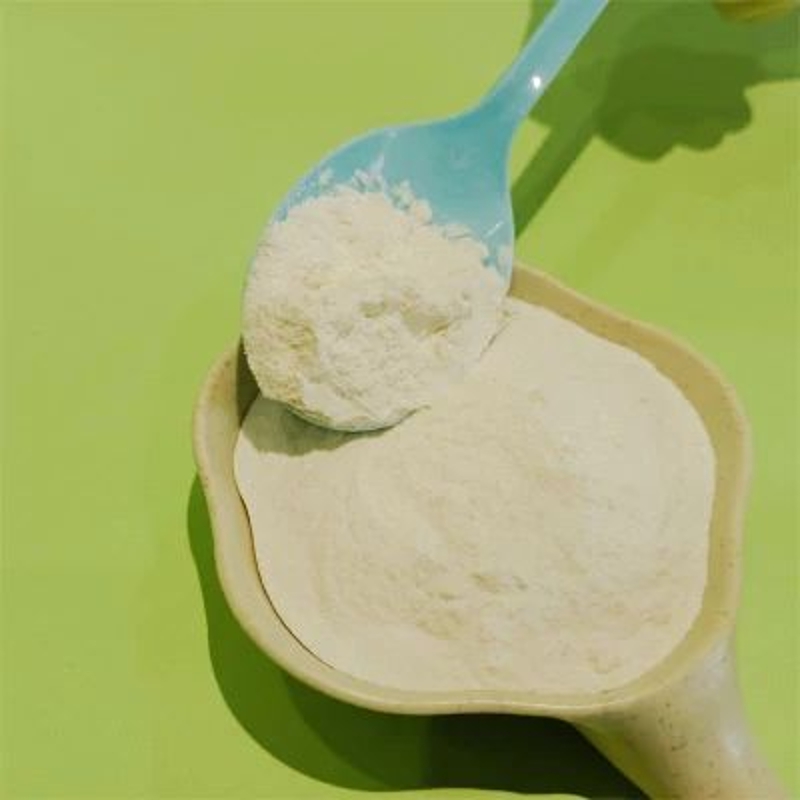-
Categories
-
Pharmaceutical Intermediates
-
Active Pharmaceutical Ingredients
-
Food Additives
- Industrial Coatings
- Agrochemicals
- Dyes and Pigments
- Surfactant
- Flavors and Fragrances
- Chemical Reagents
- Catalyst and Auxiliary
- Natural Products
- Inorganic Chemistry
-
Organic Chemistry
-
Biochemical Engineering
- Analytical Chemistry
-
Cosmetic Ingredient
- Water Treatment Chemical
-
Pharmaceutical Intermediates
Promotion
ECHEMI Mall
Wholesale
Weekly Price
Exhibition
News
-
Trade Service
"Recently, UPL Chinese announced the launch of the FlyUP project in Brazil, " the World Agro-Chemical Network reported.
the project uses artificial intelligence technology and ground-level high-precision images to aerial mapping of sugar cane fields and pasture weeds and diseases.
, head of sugarcane and forestry marketing at UPL Brazil, explains: "This new solution dynamically enables agile and accurate analysis.
Through detailed analysis of phytosanitary issues and real-time management of the information collected, more effective decisions can be made more quickly and solutions to problems can be reasonably analysed and given based on the amount of pesticides that ensure economic and environmental sustainability.
aircraft of the "FlyUP" project are equipped with an image that captures 0.3mm/pixel resolution of the leaf surface of the field crop and covers 5,000 hectares of land per day at a speed of 200 km/h.
UPL customers receive instant information and advice during the flight to detect the first signs of weeds, fungal diseases and even nutritional deficiencies.
"Brazil's outstanding performance in producing raw materials for the bioenede sector is increasingly important for the sustainability of the Earth's environment.
in our country, the (sugar cane) industry is generating a lot of jobs at the same time," Almeida concludes.
sugar cane is one of Brazil's most important crops, with 8.4 million hectares of sugar cane grown in this year's harvest season alone reaching about 642.1 million tons.
is also one of the crops most vulnerable to pests and weeds.
the first half of this year alone, Brazil spent more than $785 million on crop fungicides, herbicides and pesticides.
addition, application costs have an impact.
herbicides in sugarcane cultivation account for 3-4% of the cost of cultivation.
caused by weed infestation is reduced by about 50%.
, for example, in very serious areas, the number of weeds per square metre can range from 10 to 12, resulting in losses of up to 85 per cent.
revenue from mechanized harvesting will also fall by about 20%.
used in sugarcane crops, FlyUP can also be used for grass monitoring to increase the productivity of herds.
weeds, the technology can also identify insects hidden in herds that can harm cattle.
Brazilian ranchers have invested $60 million in pasture pesticides.
13.6 million hectares of pastures in Brazil have been managed.
and pasture account for nearly 20% of UPL's Brazilian operations.
2019, the company's total turnover is 7 billion reais ($1.37 billion).
is a very precise innovation with ground-level accuracy," said Fabio Torretta, president of UPL Brazil.
sugar cane is the third most important crop in Brazil, and pasture is the most important source of animal feed in Brazil.
we want to ensure that both achieve higher levels of productivity and quality while contributing to sustainable development.
"







